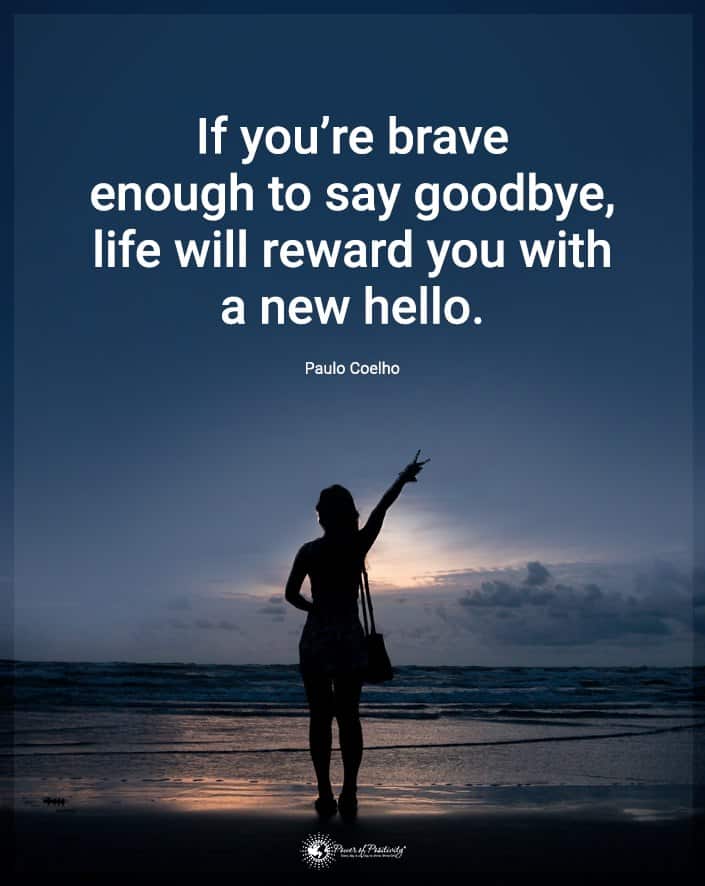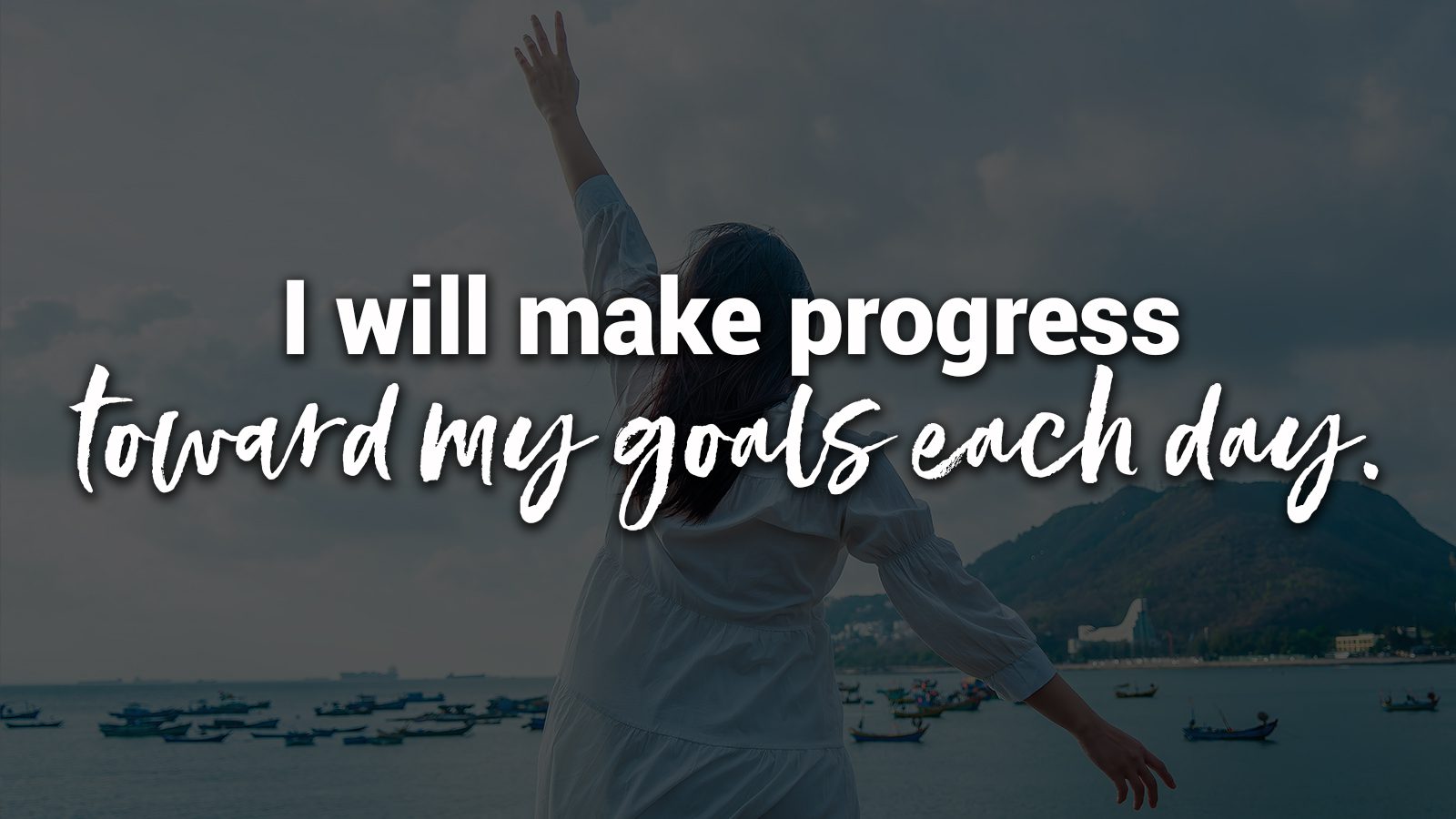Leaving a bad relationship can be difficult and painful for many women, even after they realize they’re good enough. This can be due to the inability to release feelings of attachment, fear of being alone, or lack of self-confidence. Women often find themselves stuck in toxic relationships that drain them emotionally and mentally.
The truth is, walking away takes courage, self-awareness, and the belief that you are good enough and deserving of better. If you’re a woman struggling to leave a bad relationship, know you’re not alone. Many women have been where you are and have found a way to break free, let go, and move forward.
It’s essential to recognize that being in a bad relationship can have severe consequences for your emotional and physical well-being and let go. A toxic relationship can cause stress, anxiety, and depression and can even lead to physical abuse. When you’re in a bad relationship, it’s easy to lose sight of your value and worth as an individual. You may begin to doubt yourself and believe you’re not good enough or deserve love and respect.
But the truth is, you are good enough. You deserve to be in a relationship that brings you happiness and fulfillment. Leaving a bad relationship can be long and complex, but it’s worth it. When you walk away from a toxic relationship and past trauma, you’re allowing yourself to heal and find happiness. You’re reclaiming your power and taking control of your life.
6 Ways to Realize You Are Good Enough and It’s Time to Walk Away
1. Recognize your self-worth
Recognizing your self-worth is essential to building a healthy relationship with yourself and others. It’s about accepting yourself for who you are, embracing your strengths, and acknowledging your flaws without judgment. When you recognize your self-worth, you develop a sense of self-respect and confidence. This can help you make better decisions and form healthier relationships.
It’s easy to fall into the trap of believing you’re not good enough or don’t deserve to be treated with respect and kindness. This can happen for many reasons, such as past experiences, societal pressures, or negative self-talk. But the truth is, you are inherently valuable. Your worth does not depend on external factors like appearance, achievements, or relationships.
When you recognize your self-worth, you set a standard for how you want to be treated by others. You begin to demand respect, kindness, and love from those around you, and you won’t settle for less. This can help you form healthier relationships and leave behind those that do not serve you. By recognizing your self-worth, you take the first step toward letting go of a bad relationship. That way, you can start building a happier, more fulfilling life.
2. Identify the signs of a bad relationship
Identifying the signs of a bad relationship is crucial to protecting your mental, emotional, and physical well-being. It’s not always easy to recognize when you’re in a toxic relationship, especially if you’ve been in it for a long time. However, identifying warning signs can help you act and release the relationship before it does more harm. And you should remember that you are good enough, and you should never accept toxic behavior.
The most common signs of a bad relationship include emotional abuse, physical violence, manipulation, and controlling behavior. Emotional abuse can include insults, name-calling, and belittling, while physical violence involves hitting, slapping, or other forms of physical harm.
Manipulation can take many forms, including gaslighting, guilt-tripping, and playing mind games. And controlling behavior can include monitoring your movements, isolating you from friends and family, or making decisions for you. It’s important to note that these behaviors are unacceptable in any relationship. If you experience any of these warning signs, you should take action to protect yourself–release it.
This might mean seeking help from a trusted friend or family member or contacting a therapist or counselor. You can even try contacting a domestic violence hotline. Remember, you deserve a relationship built on love, trust, and mutual respect. You should never settle for anything less.
3. Surround yourself with positive people
A support system of people who uplift and support you is vital to maintaining a positive mindset and building self-confidence. When you surround yourself with people who love and respect you, you’re more likely to feel validated and appreciated. This can help you feel more confident in yourself and your decisions. It can also help you recognize your self-worth.
Friends and family who uplift and support you can be a great source of comfort and encouragement. This is especially important when you’re going through a difficult time, such as leaving a bad relationship. They can remind you of your strengths, offer a listening ear, and provide practical help when needed.
They can also help you remember you are good enough and encourage you to pursue your goals and dreams. If you don’t have a robust support system, there are many ways to build one. Consider joining a support group, volunteering for a cause you care about, or taking a class or workshop that interests you. These activities can help you meet new people who share your interests and values.
They are the people who can offer support and encouragement as you navigate life’s challenges. Remember, having a support system doesn’t mean you’re weak or dependent. It means you recognize the importance of human connection and are willing to ask for help when it’s time to release the past.

4. Practice self-care and release self-neglect
Taking care of yourself physically, mentally, and emotionally is essential to maintaining a healthy and balanced life. Engaging in activities that make you feel good about yourself can help you relax. It can also have a positive impact on your mental and emotional well-being. In addition, engaging in hobbies and activities that bring you joy and fulfillment is also an essential part of self-care.
You may enjoy gardening, painting, reading, or playing an instrument. These activities and many others can help you recharge your batteries. While doing something you enjoy, you can feel more connected to yourself and the world and release past trauma.
Self-care helps you realize that you’re good enough by showing you are worth investing time and effort into. When you prioritize your well-being, you tell yourself and others that you value yourself. It’s a way to start believing that you deserve to be taken care of. Engaging in self-care activities can also help you build your self-confidence and self-esteem.
When you care for your health, you’re more likely to feel good about yourself and your abilities. This can help you recognize your self-worth and believe in yourself more deeply. Self-care is a powerful tool for building self-worth and avoiding bad relationships.
5. Set boundaries
Setting boundaries is an essential aspect of maintaining a healthy and respectful relationship. Boundaries help you communicate your needs and expectations to your partner. They also help you maintain your sense of self and personal integrity. If your partner is not respecting your boundaries, it’s a sign that they may not value you as a person.
There are many signs, such as not listening to your needs, ignoring your requests, or acting in ways that make you uncomfortable. Staying firm and sticking to your boundaries in these situations is essential. This can be difficult, especially if you care deeply about your partner or feel guilty for setting boundaries. However, it’s important to remember that you have the right to be treated with respect and dignity. Your boundaries are there to protect your well-being.
If your partner disregards your boundaries, it may be a sign that the relationship is not healthy or sustainable. Evaluating your options and considering whether staying in the relationship is in your best interest is essential. Remember, you deserve to be in a relationship where your needs and boundaries are respected and valued.
6. Focus on your future and release the past
Focusing on your future is essential to moving on from a bad relationship. Walking away from a toxic relationship can be difficult. But it’s important to remember that you’re taking the first step toward a better future. Instead of dwelling on the past, shifting your focus to your goals and dreams is essential. What do you want to achieve in your life? What steps can you take to make those goals a reality?
By focusing on your future, you can begin to build a life that’s fulfilling and meaningful to you. It’s important to remember that you deserve to be happy and fulfilled in your life, and you don’t need to be in a toxic relationship to achieve that. You can create a life full of joy, love, and positive relationships. It may take time and effort, but it’s worth it.
One way to focus on your future is to set goals for yourself. These goals can be related to your career, relationships, hobbies, or personal growth. By setting clear goals, you can create a roadmap for your future and work toward achieving the life you want. In addition to setting goals, it’s essential to surround yourself with positive and supportive people. Friends and family can help you stay focused on your goals. They can provide a source of comfort and support during difficult times.
Final Thoughts on Ways to Realize You Are Good Enough and It’s Time to Walk Away
Realizing that you are good enough and walking away from a bad relationship can be challenging but ultimately rewarding. It requires self-reflection, self-care, and the willingness to prioritize your well-being. Remember that you deserve to be in a healthy and respectful relationship. You have the power to create a life that’s fulfilling and meaningful to you.
This journey is complex and may require support from friends, family, or a professional counselor. But by taking the first step and prioritizing your well-being, you can begin to build the life you want. Walking away from a bad relationship is not a sign of weakness. On the contrary, that release is a sign of strength and self-respect. You deserve to be in a relationship that supports and uplifts you; you need to release the toxicity.






















